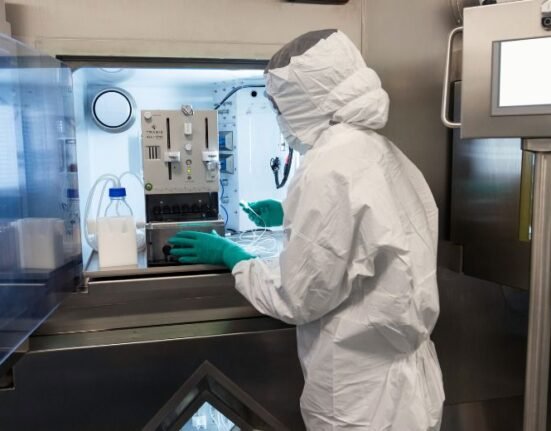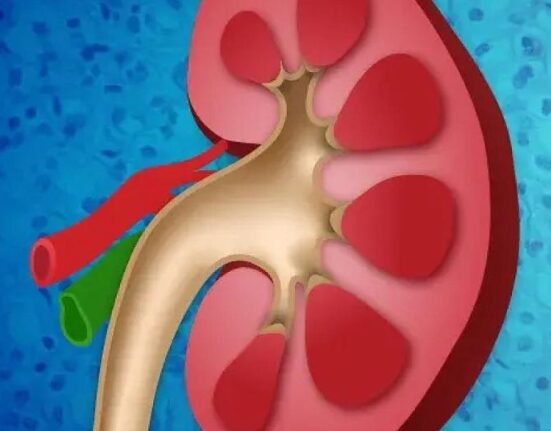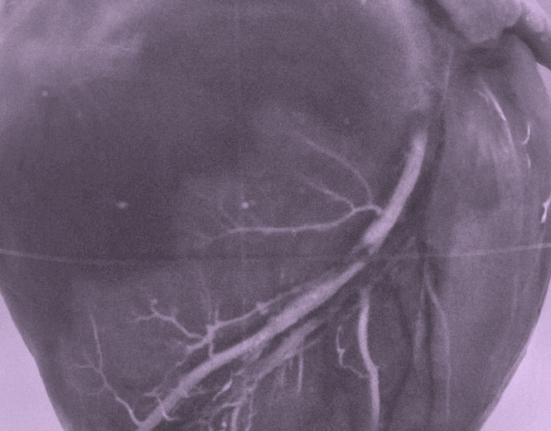HQ Team
November 20, 2023: Bayer, the pharmaceutical giant, has decided to halt a large late-stage trial for its experimental anticoagulant drug, asundexian. The decision was made following a recommendation from the Independent Data Monitoring Committee (IDMC), putting a dent in Bayer’s most promising medium-term development project.
Trial halt and implications
Bayer’s hopes for the OCEANIC-AF trial for asundexian, expected to generate over 5 billion euros in annual sales, were dashed as the drug demonstrated inferior efficacy compared to Bristol-Myers Squibb and Pfizer’s established Eliquis in preventing strokes. The trial halt raises doubts about the drug’s potential and adds to Bayer’s existing challenges, including a weak herbicide business and legal issues related to its Roundup weedkiller.
Bayer has committed to further analyzing the data from the discontinued trial, named OCEANIC-AF, initiated in August 2022. Despite this setback, the company plans to continue a separate phase III trial, OCEANIC-STROKE, testing asundexian to prevent repeated strokes in participants who have already suffered one.
Bayer assures that safety data from the discontinued trial align with previous studies, and the company plans to analyze the data comprehensively.
Newly appointed Bayer CEO Bill Anderson is contemplating strategic moves to address the company’s challenges. Options include segregating the diverse business segments, which include prescription drugs, consumer health products, crop chemicals, and seeds. Additionally, Anderson aims to streamline management decision-making by reducing management positions.
Impact on revenue
The trial halt poses a challenge to Bayer’s revenue goals, particularly as the company sought to replace income from one of its pharmaceutical best-sellers, Xarelto. With Xarelto’s key European patents expiring in 2026, the failure of asundexian adds pressure on Bayer to find alternative sources of revenue.
The company also faces a setback in its major expansion in the United States with asundexian. Unlike Bayer’s previous collaboration on the Xarelto franchise, the company chose to go solo on asundexian studies, emphasizing its commitment to heavy investment in U.S. marketing and distribution.








